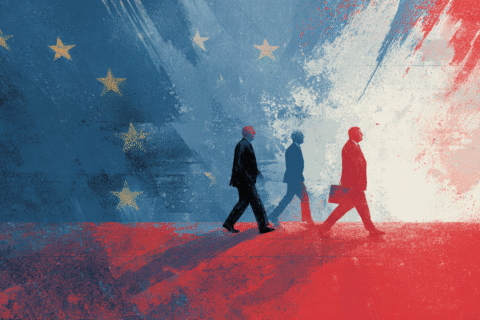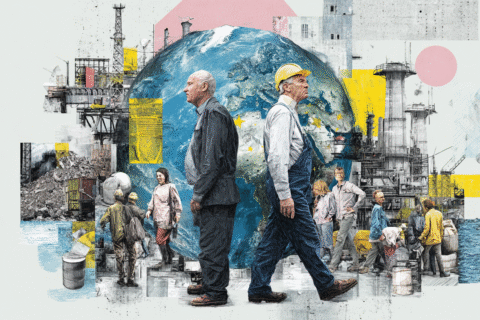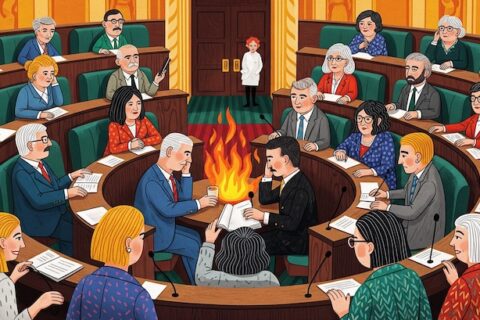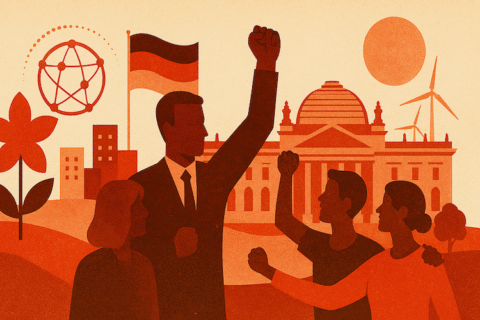Why Progressive Governments Keep Failing — And How to Finally Win Back Voters
Progressives must act fast, make change visible, and perform powerfully — or watch populists fill the void.

Progressives must act fast, make change visible, and perform powerfully — or watch populists fill the void.

The European Union faces an existential choice: succumb to economic nationalism or forge a new transatlantic order.

Global labour leaders warn that proposed changes could leave millions of workers exposed.

As Trump looms over NATO, Europe must rediscover resilience – and its own collective voice.

The rapid growth of logistics and e-commerce is fuelling a race to the bottom for workers, with widespread subcontracting driving down pay and conditions.

Mario Draghi’s vision for Europe demands more than investment—it calls for digital sovereignty, state capacity, and strategic power.

The European Trade Union Confederation is urgently calling for a new directive to protect workers from the escalating dangers of extreme heat.

European leaders face an unprecedented challenge: building continental defence whilst managing an unpredictable American president.

Real democracy thrives on disagreement—unity without conflict often masks power and silences necessary political struggle.

President Christine Lagarde’s recent proposal signals a pivotal shift, aiming to elevate the euro’s international standing and bolster European foreign policy independence.

Despite securing key ministries and policy successes, Germany’s Social Democrats face internal disarray and a fractured vision at their upcoming party conference.

Liberalism’s core class is under siege—can the liberal order survive the global backlash against its institutional power?

Social democracy can’t survive without vision. The SPD must rediscover its purpose and emotional power.

Trump’s radical tax vision could dismantle the IRS, reshape global inequality—and fuel a new economic war.

Governments worldwide are dramatically reshaping higher education, challenging long-held models and academic autonomy.

As migration policy reaches a crucial juncture, trade unions in Europe are challenged to expand solidarity-based strategies amidst intensifying crackdowns.

Trump performs strength at home—but abroad, adversaries see only institutional collapse and strategic weakness.